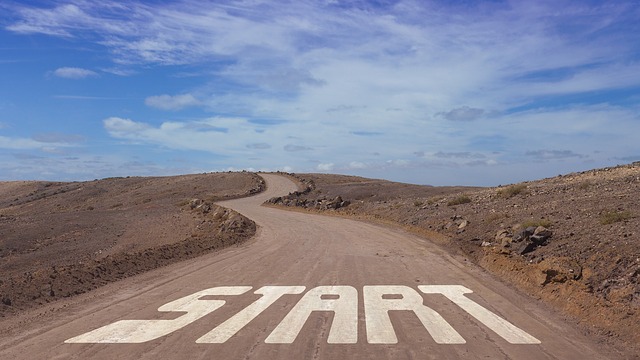In the previous post, Replacing Shame with Kind Attention, I introduced the IAA model of mindfulness developed by Shauna Shapiro and colleagues. The model depicts a process incorporating intention, awareness and attitude, with each element reinforcing the other two. In that post, I focused on “attitude” and explored the fundamental stance of “kind intention”, that Shauna relates to caring, gentleness, trust and compassion towards ourselves. Thus “attitude” in this model relates to the “how” we need to meditate to develop mindfulness and realise its benefits.
In the current post, I want to focus on the “intention” component of the IAA model. Shauna describes this as foundational to the Model. In a video presentation about the model, she quotes the definition of mindfulness that she developed with Linda Carlson in 2006:
The awareness that arises out of intentionally paying attention in an open, kind and discerning way.
Meditating with intention is basically being conscious of the “why” – the intent or purpose for your meditation. She describes “intention” as “setting the compass” of the heart – not a destination but a direction.
Jon Kabat-Zinn reinforces the importance of intention when he states that “your intentions set the stage for what is possible”. He explains that he initially thought that the act of meditating was sufficient in itself, but soon came to learn that for personal growth and change to occur, we need to have some aspiration or vision that provides the purpose for meditation practice. Shauna Shapiro, in her own 1992 research, found that intention moves along a “continuum from self-regulation, to self-exploration and finally, to self-liberation” (which, in turn, leads to “compassionate action”).
Shauna’s study confirmed that intention determined the outcomes of meditation, so that if your focus is self-regulation that is what you will achieve. Hence, we need to meditate-with-intent, so that our personal vision and underlying values can be manifested in our words and actions. This then enables us to “rest in the moment” and have stability and clarity about our life. We meditate to realise our personal aspirations in our day-to-day lives, from moment to moment.
As we grow in mindfulness, we sharpen our intention in meditation which progressively becomes an evolving, dynamic motivation for a desired way of life. The more we develop mindfulness, the more we can consciously pursue what we value and realise it our life.
By Ron Passfield – Copyright (Creative Commons license, Attribution–Non Commercial–No Derivatives)
Image source: courtesy of geralt on Pixabay
Disclosure: If you purchase a product through this site, I may earn a commission which will help to pay for the site, the associated Meetup group and the resources to support the blog.



